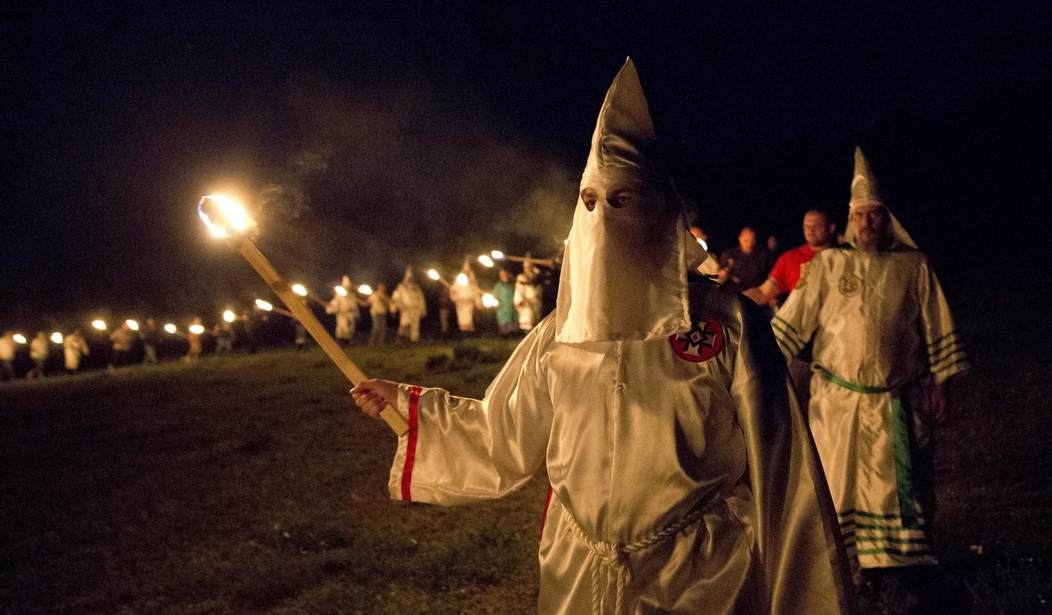WASHINGTON – Author Paul Coleman said anti-discrimination laws in the United States are designed to control an individual’s “conscience” and would ultimately threaten First Amendment rights.
“They do grow from the same tree so in terms of our protection of speech, of conscience, and of associational rights, all of these are part of the same package and the threats to these different freedoms are all of a similar nature as well. What they are about is really state control and state sanctioning, so in hate-speech laws the state is seeking to sanction what we can and cannot say,” said Coleman, author of Censored – How European Hate Speech Laws are Threatening Freedom of Speech, at the Heritage Foundation in Washington.
“In associational laws, the state is hoping to regulate and control and sanction who we can and cannot meet with and these anti-discrimination laws — which mostly hinge on the issue of conscience — the state is seeking to control and sanction our conscience and what we can and cannot decide. Both the freedoms are connected and the threats to those freedoms are connected as well, and I think it’s unlikely to see just one of those areas affected,” he added.
In Europe, Coleman said, there are “major problems” with state censorship, state-regulated churches and the state seeking to act as parents in some instances. In the U.S. context, Coleman doubts anti-discrimination laws would not have an impact on First Amendment rights.
“If the anti-discrimination threat is coming, and I think it most certainly is, then I doubt it will come alone. And I think that what we will see here is some of these other areas also affected in the same way, and my understanding is that the U.S. has been protected from some of these speech restrictions because of the U.S. Supreme Court’s understanding of free speech over the last century — but I would say that position is not necessarily robust,” he said.
Coleman, deputy director of ADF International, a Christian legal organization, said the level of “judicial activism” in the U.S. is an “incredibly strong” threat to the First Amendment and free speech in particular.
“From my outsider perspective, the level of judicial activism and the ability for judges to make law and to override law is to such a level here that even with the First Amendment protections you enjoy and you have, I still think the threat to the First Amendment and free speech is incredibly strong,” he said.
Coleman was asked if there is a double standard in the way hate-speech laws are being applied toward negative reactions to the Syrian refugee crisis and terrorist attacks in Europe.
“The governments of many countries target what they consider to be politically incorrect and to be speech with which the state or society disagrees, so that’s why those three points of immigration, of Islam and of marriage and sexuality and more recently gender identity — these hot topics are what are selected time and time again — so it’s a double standard, but it’s also a very targeted use of these laws,” he responded.
In the UK, Coleman said the government is having a hard time dealing with hate speech toward Muslims because it “does not want to engage.”
“In a large part what we have tried to do over a number of years in the name of multiculturalism is just leave entire communities alone and try not to engage whatsoever and so they can essentially get a free pass,” he said. “I think that situation is changing now, particularly in light of the recent wave of terrorist attacks.”
According to Coleman, the refugee crisis is an example of the “counter-productiveness” of hate-speech laws. Coleman said the anger in Europe toward mass immigration is “in part fueled by people feeling they are not allowed to speak out on these issues.”
“That is fostering a lot of genuine hatred and fostering a lot of problems, because rather than this being an open question and open conversation it is driven under the ground and then it rears its ugly head in other places,” he said. “We would be much better off trying to open up the conversation.”









Join the conversation as a VIP Member